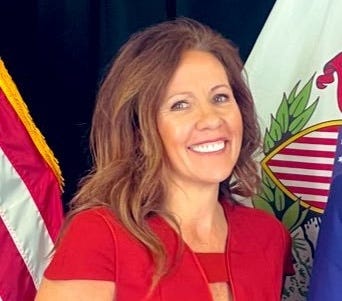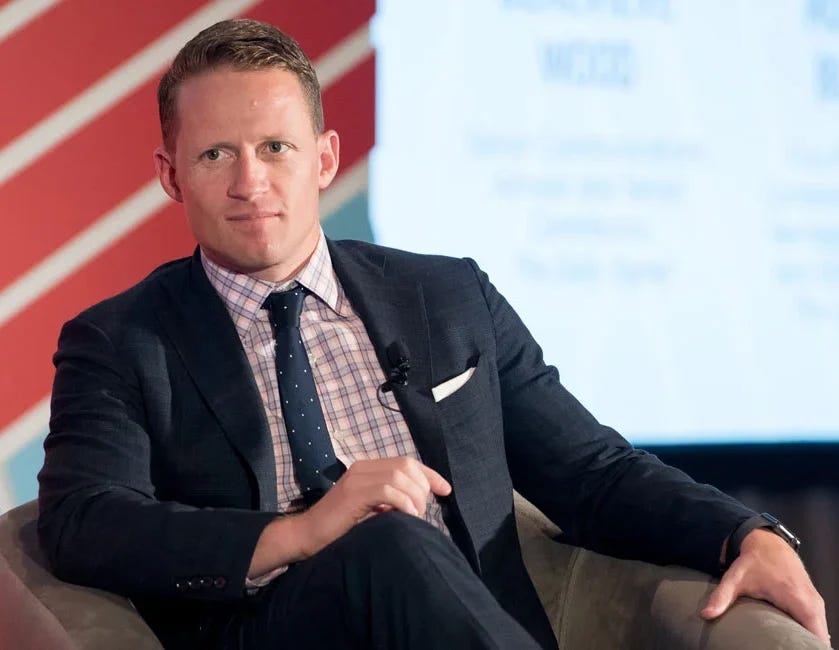Top ref
Key cases of interest to FreeCons appear headed to the Supreme Court
Among the principles Freedom Conservatives affirm in our Statement of Principles is the rule of law.
“Equality under the law is a foundational principle of American liberty,” we wrote. “Unfortunately, today this principle is under attack from those who believe that the rule of law does not apply to them.”
Among those eroding the rule of law are “unaccountable and unelected regulators who routinely exceed their statutory authority and abridge Americans’ constitutional rights.”
“The Constitution of the United States is the best arrangement yet devised for granting government the just authority to fulfill its proper role,” we continued, “while restraining it from the concentration and abuse of power.”
Every institution of American government — Congress, the presidency, and the judiciary, as well as state and local governments — have roles to play in safeguarding the rule of law. Today we feature FreeCons seeking relief from the highest court in the land.
Stand up, conservatives
The Liberty Justice Center, chaired by FreeCon signatory Sara Albrecht, is one of the organizations challenging the legality of the Trump administration’s “Liberation Day” import taxes.
Albrecht described the case as “important for the future of a fundamental component of the Constitution’s architecture: the separation of powers, intended by the founders to prevent any of the government’s three branches from becoming all powerful.”
After winning at the trial court, the Liberty Justice Center and co-counsel Ilya Somin are preparing for the next stage of the litigation.
“We have a strong case,” Somin wrote in Reason, “and I remain guardedly optimistic that the appellate court will ultimately see that the president’s claim of virtually unlimited power to impose tariffs is blatantly illegal — which is what every court to have considered the issue so far has concluded.”
In National Review, FreeCon signatory Tim Chapman praised the litigation, arguing that courts “play an essential role in our constitutional system.”
“Their responsibility is to ensure that the other two branches follow the law,” wrote Chapman, president of Advancing American Freedom, and coauthor Timothy Harper. “If conservatives will not stand up for the Constitution and the liberties it protects, no one will.”
The Liberty Justice Center litigation is one of several constitutional challenges to the president’s economically destructive tariff policies.
“The tariff cases are destined for the Supreme Court,” wrote New York magazine columnist and attorney Elie Honig.
“While the justices accept only a minuscule fraction of all matters presented to them, the tariff cases feature both factors that tend to draw the Court’s involvement: They involve major issues of national (and international) consequence, and there’s an abiding need for uniformity and finality.”
Control burn
The Liberty Justice Center is among several organizations urging the U.S. Supreme Court to take another important case: GHP Management Corp. v. City of Los Angeles, in which landlords are demanding $20 million in compensation for what they claim was free housing the city forced them to provide through its COVID-era eviction ban.
The landlords argue Los Angeles effected a physical taking of their property by banning their ability to evict tenants for nonpayment of rent, causing nuisances, and having unauthorized occupants and pets in their unit. They also couldn’t take the property off the market to live in it themselves.
In addition to the Liberty Justice Center, the Manhattan Institute and the Ohio-based Buckeye Institute have filed an amicus brief asking the Supreme Court to take the case.
“The right to exclude is a fundamental element of property rights,” wrote Manhattan’s Ilya Shapiro, a FreeCon signatory, while “a regulatory scheme that deprives owners of a fundamental element of their property rights operates as a taking.”
Reason magazine reported that if “the Supreme Court takes up the GHP Management Corp. case and agree with landlords,” other rent control laws “that include extensive eviction restrictions could become more vulnerable to physical taking challenges.”
In the mix
• In the Wall Street Journal, FreeCon signatory Judge Glock reviewed economist George Selgin’s new book False Dawn, which rebuts progressive claims about the effects of the New Deal on the Great Depression.
“Although the economy did recover from its nadir when FDR took office in 1933, by 1939 the unemployment rate was still 17%,” wrote Glock, director of research at the Manhattan Institute. “After six years of supposed recovery, the economy was in worse shape than in any other recession of that century or the following one.”
Selgin’s book “should long remain the definitive word on the New Deal’s effectiveness,” he concluded. That America’s leaders “subjected the country to so many bizarre experiments, and for so many years, still astounds.”
• In a series of articles for The Independent Review, FreeCon signatory Caleb Fuller used the Trump administration’s defenses of its tariff policies as an opportunity to convey basic economic principles to readers.
“Contrary to what protectionists like [Commerce Secretary Howard] Lutnick argue, there’s nothing patriotic or ‘America First’ about trade wars that destroy the international division of labor that has lifted millions of Americans and billions around the world out of poverty,” wrote Fuller, an associate professor of economics at Grove City College, and coauthor Scott Burns.
“Any effort to destroy or erect barriers to this international division of labor invariably makes us poorer, not richer. Just like you can’t make an individual richer by cutting off their access to trade partners, you can’t make a nation rich through autarky.”
• At The Daily Wire, FreeCon signatory Andrea Picciotti-Bayer exposed the illegal exclusion of Christian families from foster-care systems.
“Despite a court ruling blocking a Biden-era rule that imposed gender ideology as a condition of serving children who identify as LGBTQ, several states now demand that prospective foster parents affirm the ‘gender identity’ of hypothetical children they might foster one day,” wrote Picciotti-Bayer, director of the Conscience Project.
“Vermont has taken this egregious stance even further, telling one Christian family that they presented too much of a risk, that they would raise children sharing their beliefs.”
• In the Washington Examiner, FreeCon signatory Kevin Kosar described a tug-of-war between Capitol Hill and the Trump administration over control of the Library of Congress and the agencies within it, including the Congressional Research Service and the U.S. Copyright Office.
The administration “has a point that the Copyright Office is a regulatory body, and regulating bodies almost inevitably are not in the legislative branch,” wrote Kosar, a senior fellow at the American Enterprise Institute, but archiving documents and providing research to Congress don’t fit the same definition.
He speculated that lawmakers might pass a bill to move the Copyright Office into the Commerce Department and “deem the librarian of Congress an appointee of Congress alone, as is done with the Government Accountability Office and the Congressional Budget Office.”



